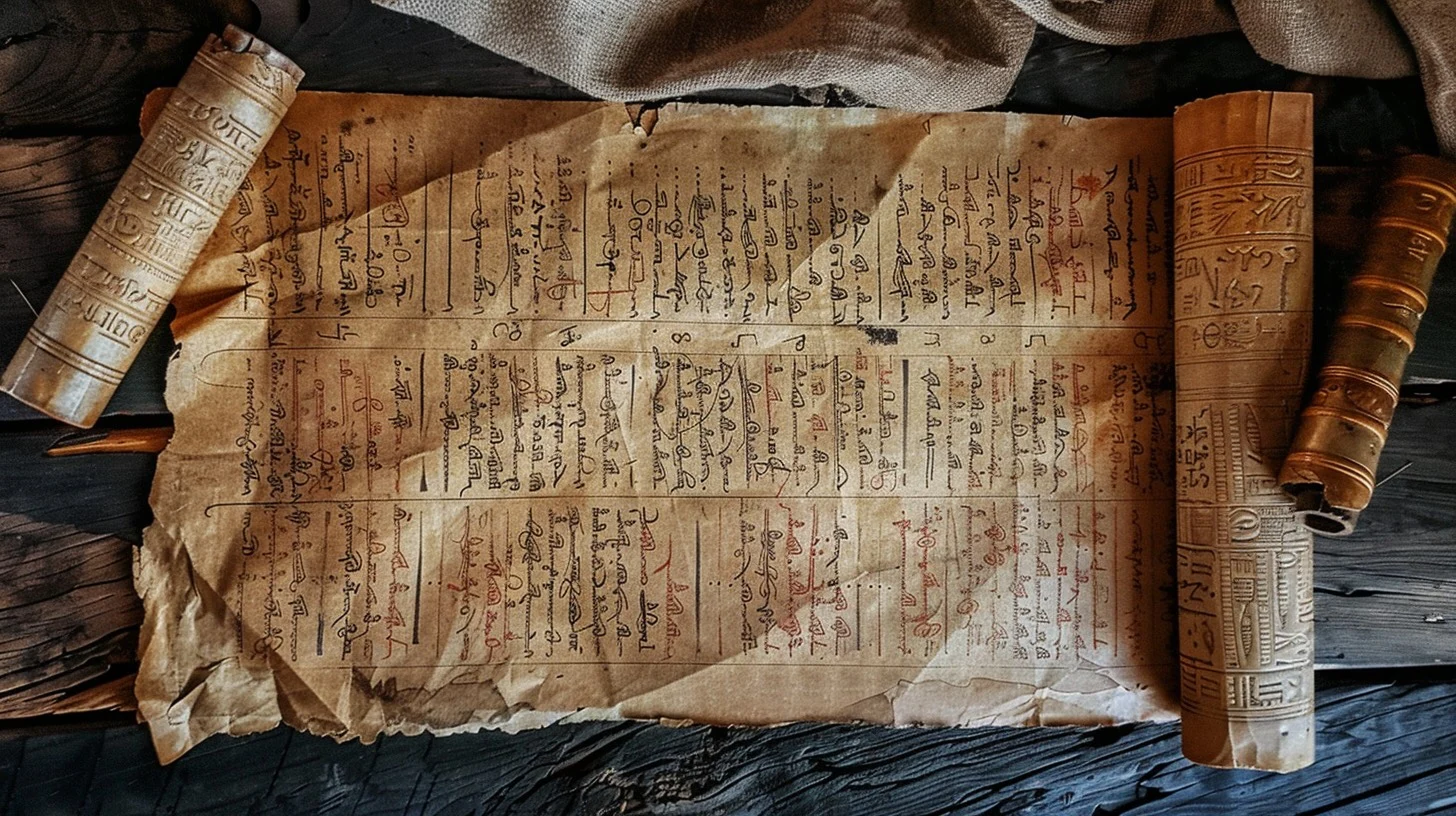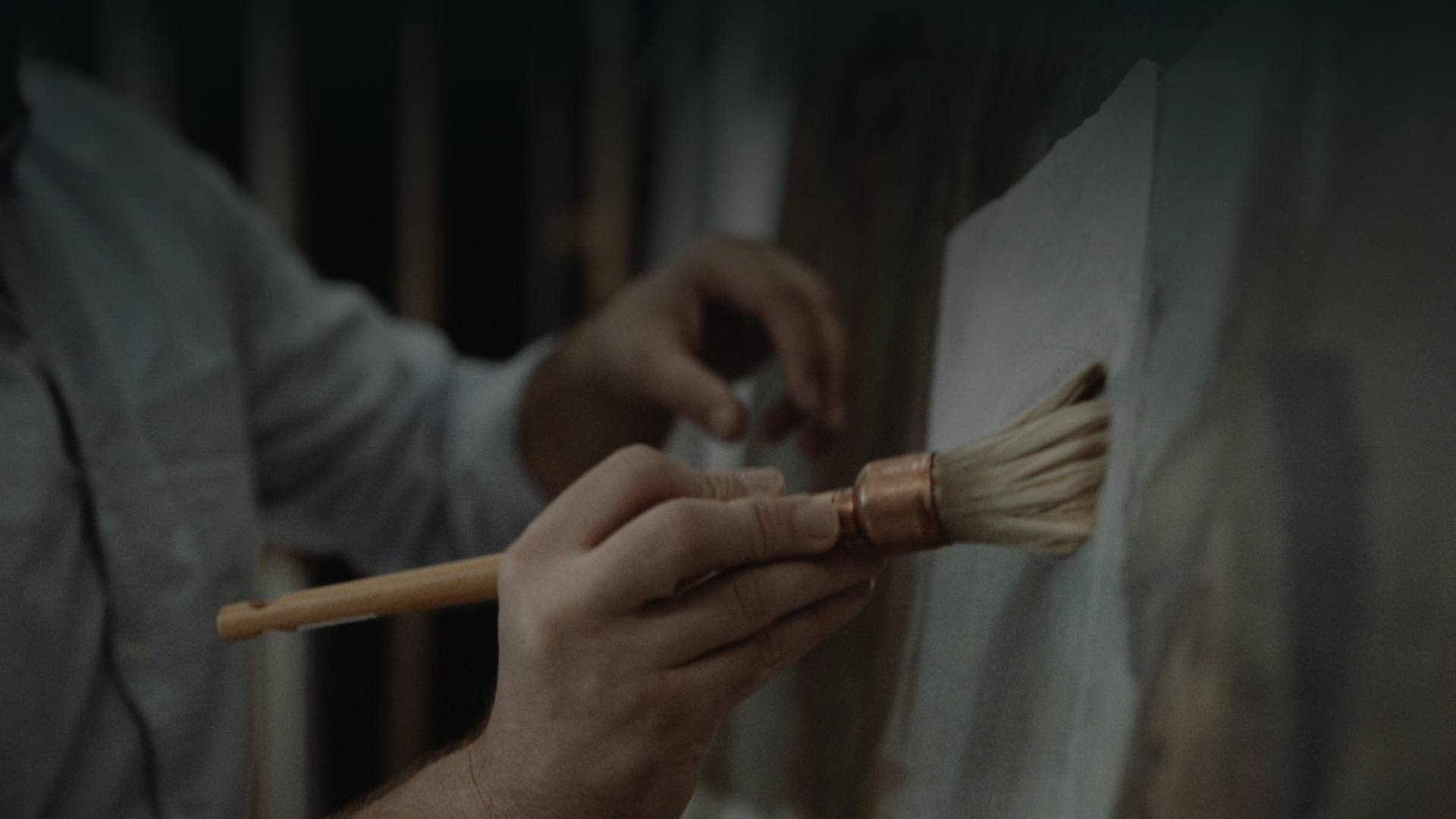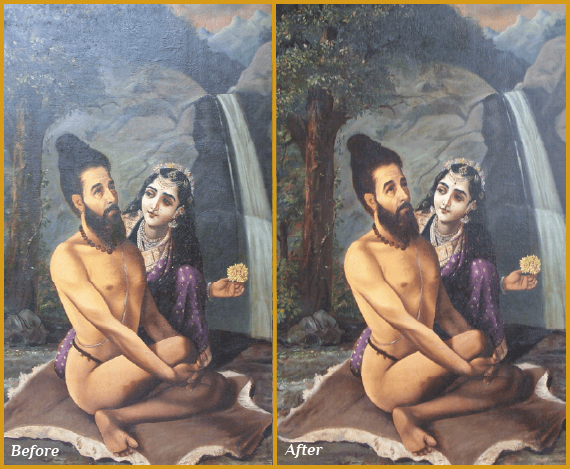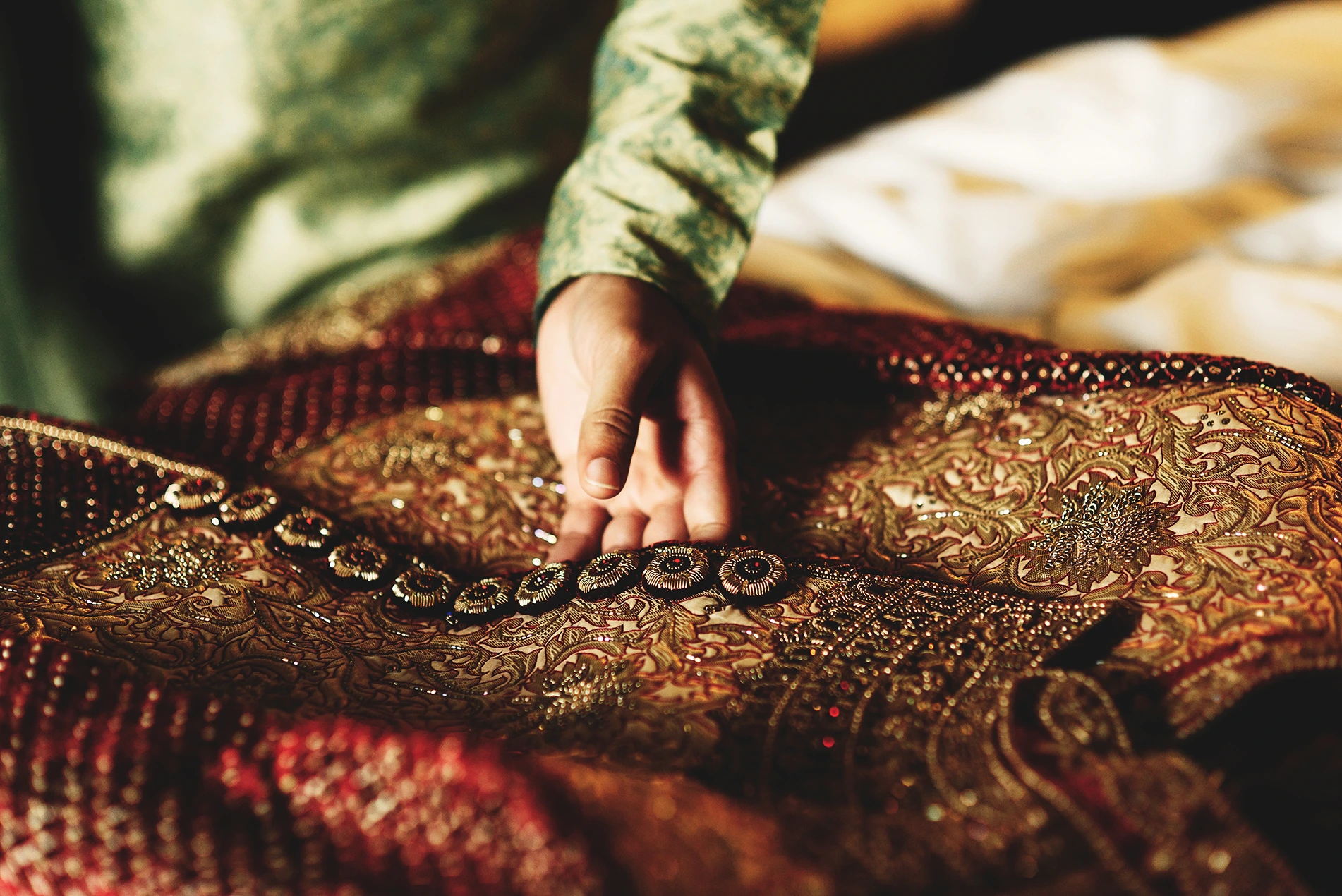
Saving Stories: Conserving Rare Manuscripts and Archival Materials
In a world increasingly reliant on digital storage, the tangible presence of ancient manuscripts and archival documents continues to hold irreplaceable historical, cultural, and scholarly value. These timeworn treasures are often the only remaining witnesses to past civilizations, ideologies, and everyday lives. Conserving such materials is not just an act of preservation—it’s a mission to safeguard stories that shaped our heritage.
Understanding the Value of Manuscripts
Manuscripts and archival materials, whether handwritten palm-leaf texts, centuries-old maps, royal edicts, or rare books, serve as primary sources for historians, linguists, anthropologists, and art historians. Their deterioration would result in the permanent loss of information and cultural identity. Conservation ensures that these materials remain accessible for both current study and future generations.
Challenges in Manuscript Conservation
Manuscripts are especially vulnerable to degradation due to the organic materials used in their production—plant fibers, natural inks, parchment, and palm leaves, among others. The major challenges include:
- Brittleness and Fragmentation: Age and environmental exposure make the materials fragile.
- Insect Infestation: Termites, silverfish, and booklice are frequent culprits.
- Fungal Growth: High humidity encourages mold, which stains and weakens fibers.
- Ink Fading and Corrosion: Certain iron-gall inks can corrode the writing surface over time.
- Improper Storage: Fluctuating temperature, light, and poor shelving accelerate decay.
Conservation Techniques and Treatments
Conservators adopt a multidisciplinary approach to stabilize and repair manuscripts:
- Surface Cleaning: Using soft brushes and specialized tools, conservators remove surface dirt and debris without damaging the text.
- Deacidification: Acidic materials are treated with alkaline solutions to neutralize pH levels and prevent further breakdown.
- Fungal Treatment: Isolated mold growth is addressed using non-toxic biocides and drying methods.
- Reinforcement: Fragile pages are supported with Japanese tissue and conservation-grade adhesives.
- Rebinding: When necessary, manuscripts are rebound using traditional techniques with reversible materials.
Special Case: Palm-Leaf Manuscripts
Palm-leaf manuscripts, common in South and Southeast Asia, are especially delicate. Conservation often involves:
- Oiling: Application of natural oils (such as lemon grass or neem) to restore flexibility and repel insects.
- Thread Replacement: Replacing degraded string bindings with durable, non-invasive threads.
- Digitization: Scanning pages to reduce the need for handling and improve access.
Preventive Conservation and Storage
Prevention is key to long-term conservation. Best practices include:
- Climate Control: Maintaining a stable environment at 18–22°C and 50% relative humidity.
- Acid-Free Storage: Housing documents in archival-quality folders, boxes, and sleeves.
- Handling Protocols: Training staff and users on safe handling techniques.
- Disaster Planning: Preparedness strategies for fire, flood, or pest infestation.
The Role of Digitization
While conservation focuses on preserving the physical object, digitization complements it by offering access without physical contact. High-resolution imaging, metadata creation, and online archives help researchers engage with rare materials from around the world.
Final Thoughts
Conserving rare manuscripts is a delicate interplay between science, history, and ethics. Each document tells a story—not just through its words, but through its materiality and wear. Through careful conservation, we ensure these silent storytellers continue to enlighten, educate, and inspire generations to come.
Preservation is not just about saving paper—it’s about honoring the legacy of human thought.






